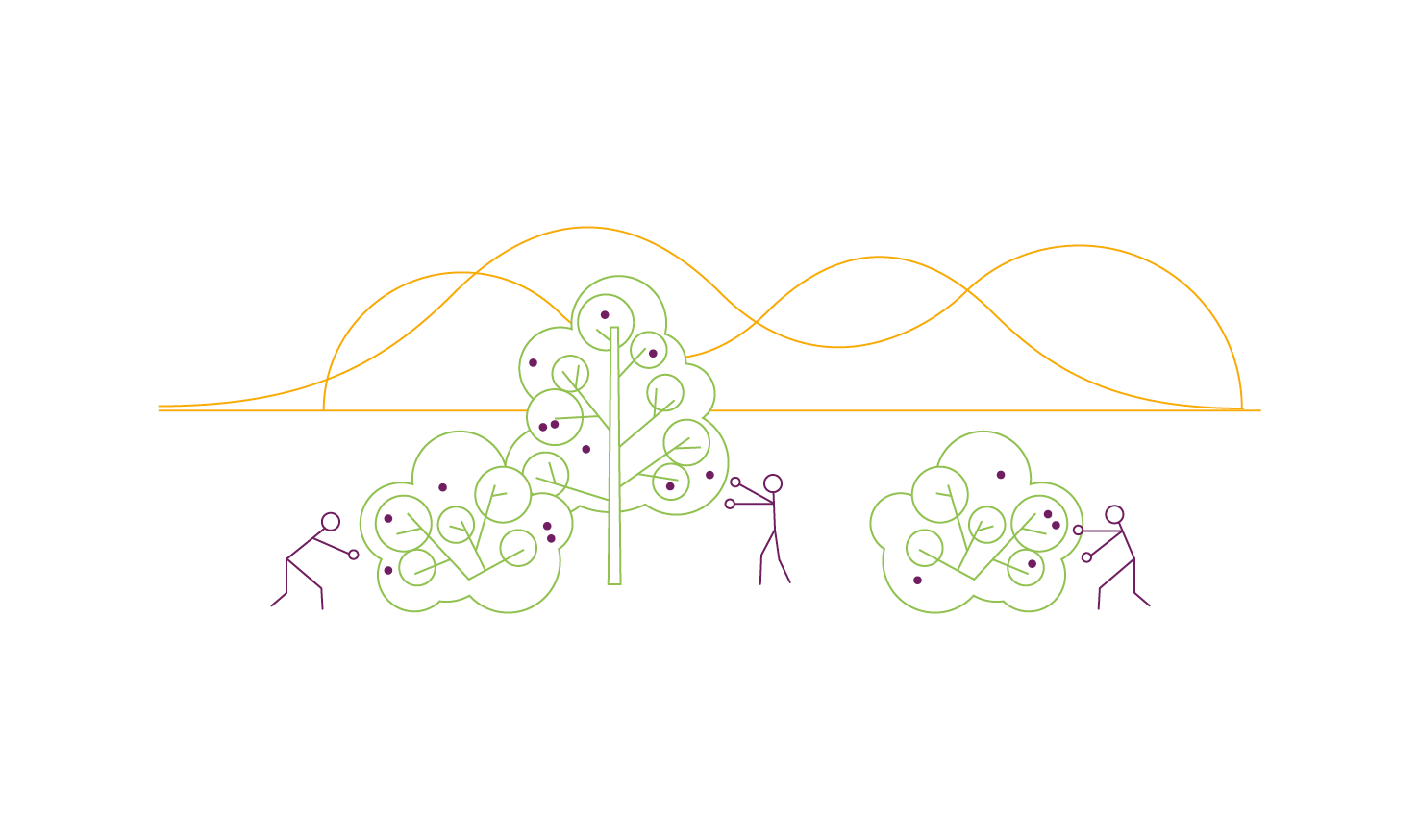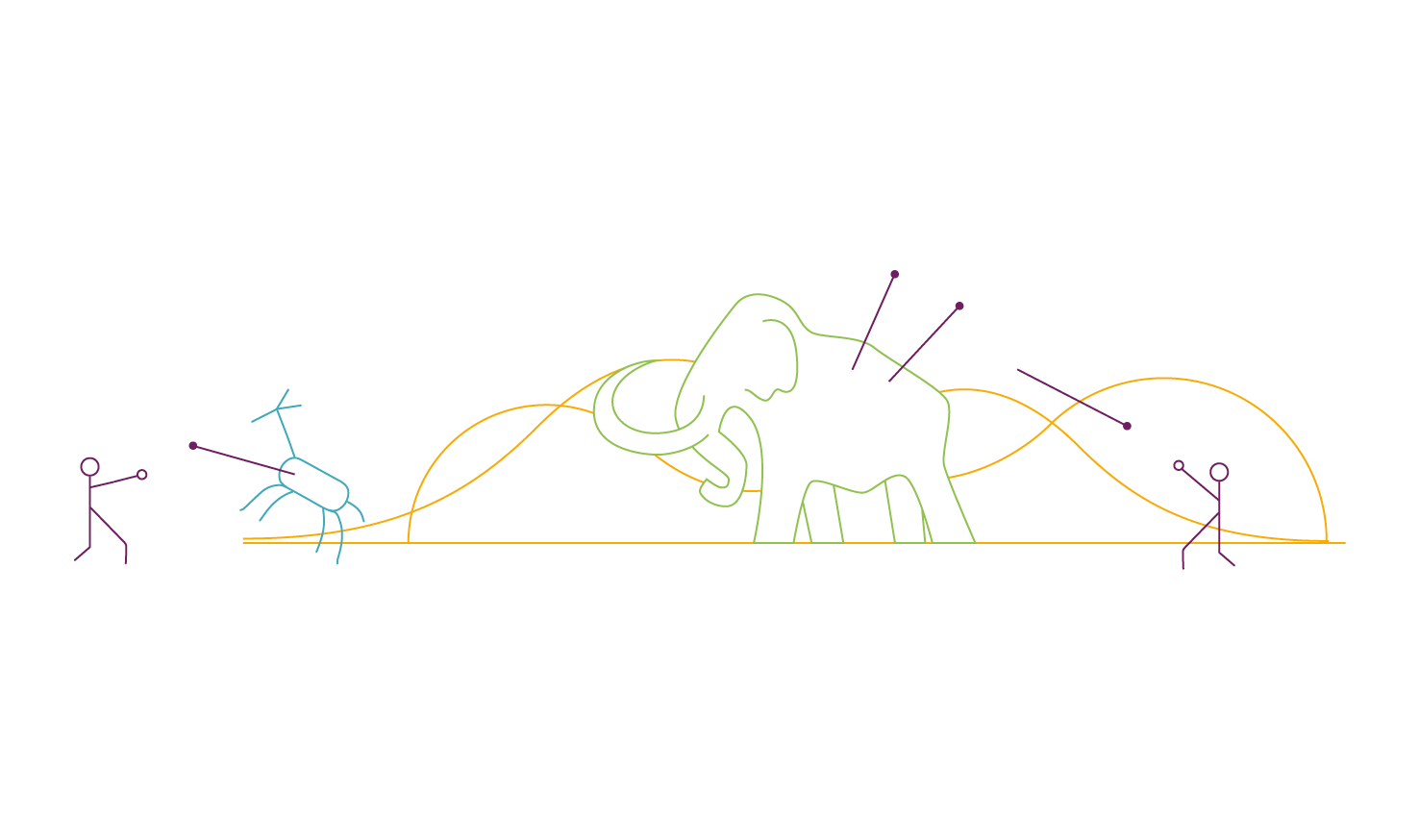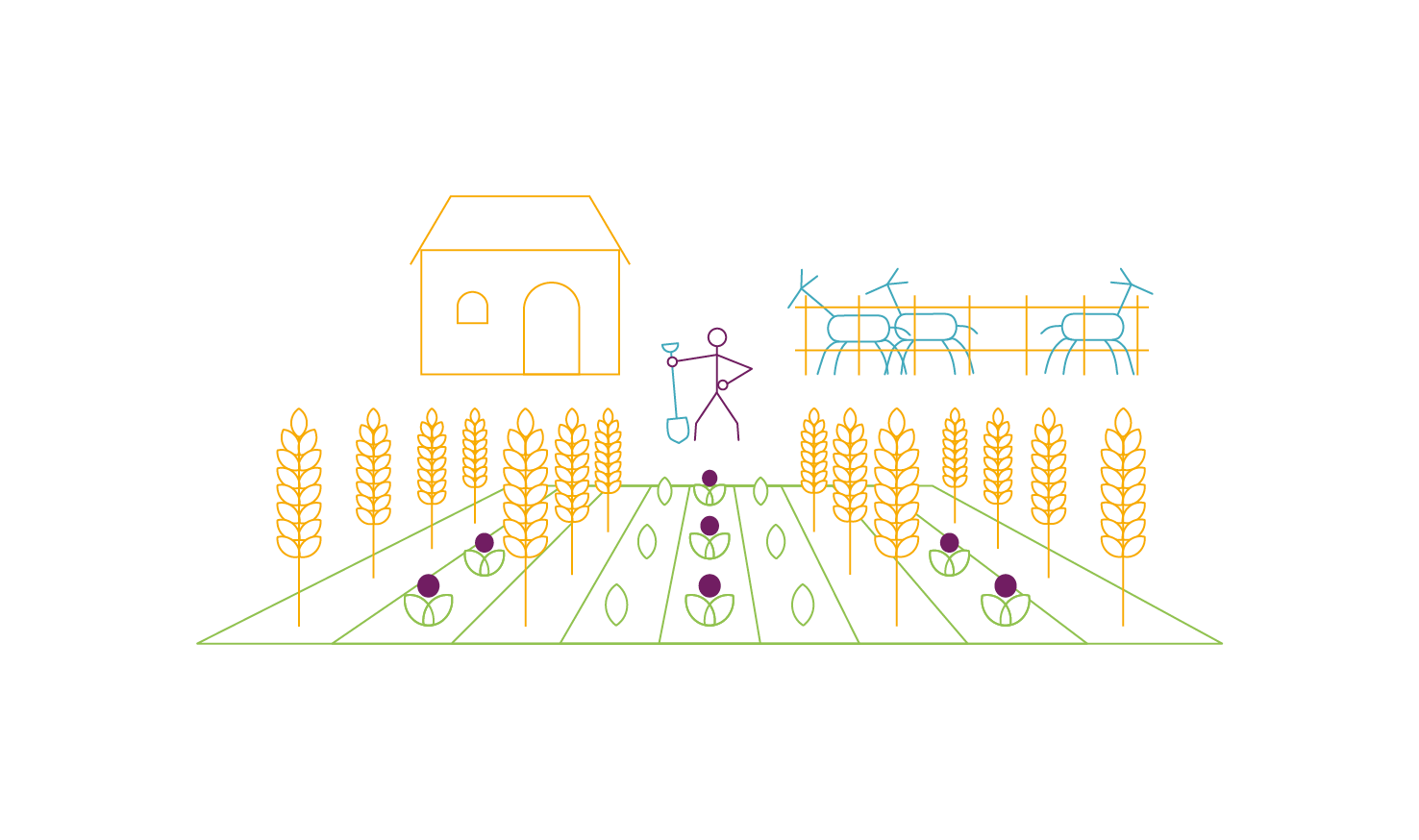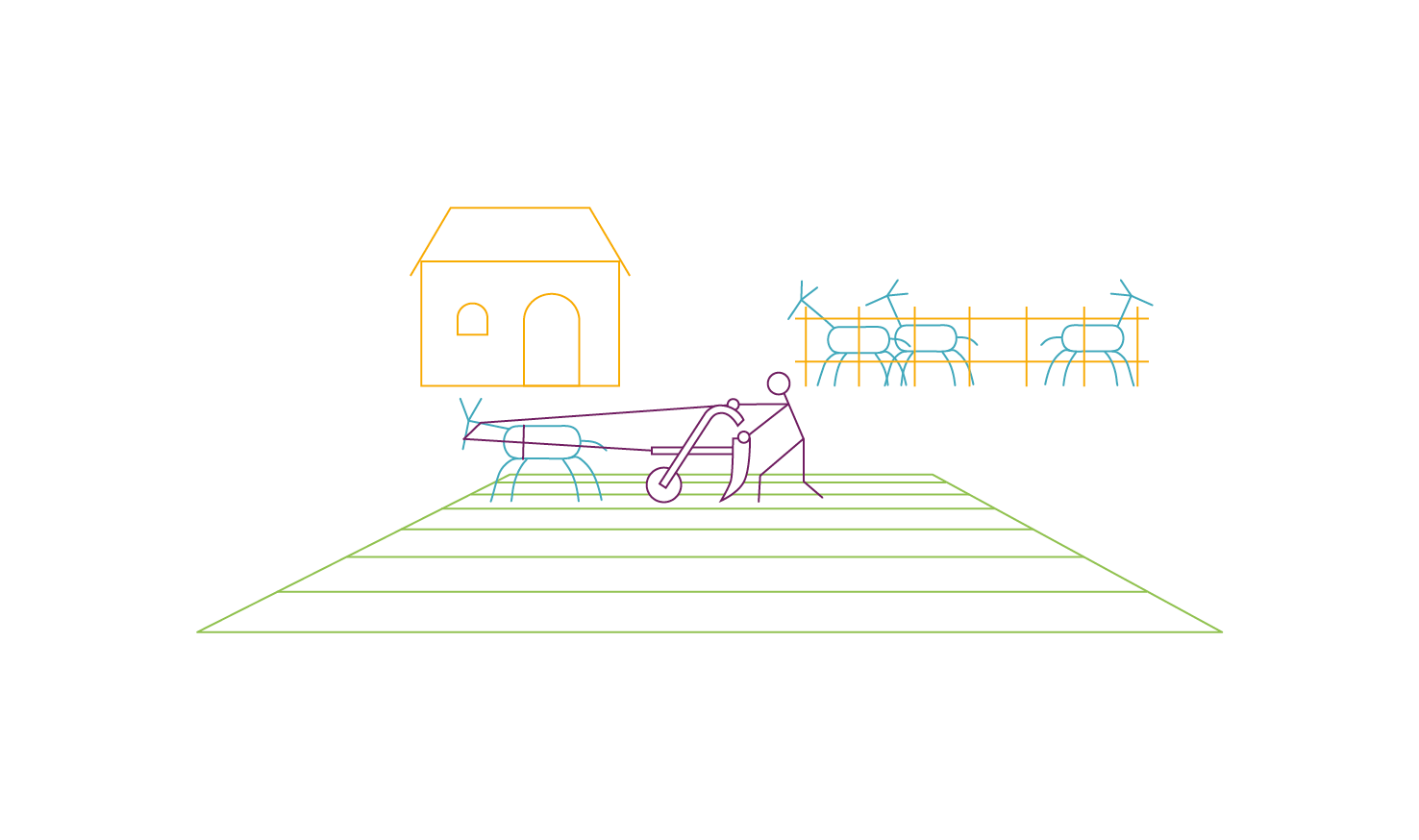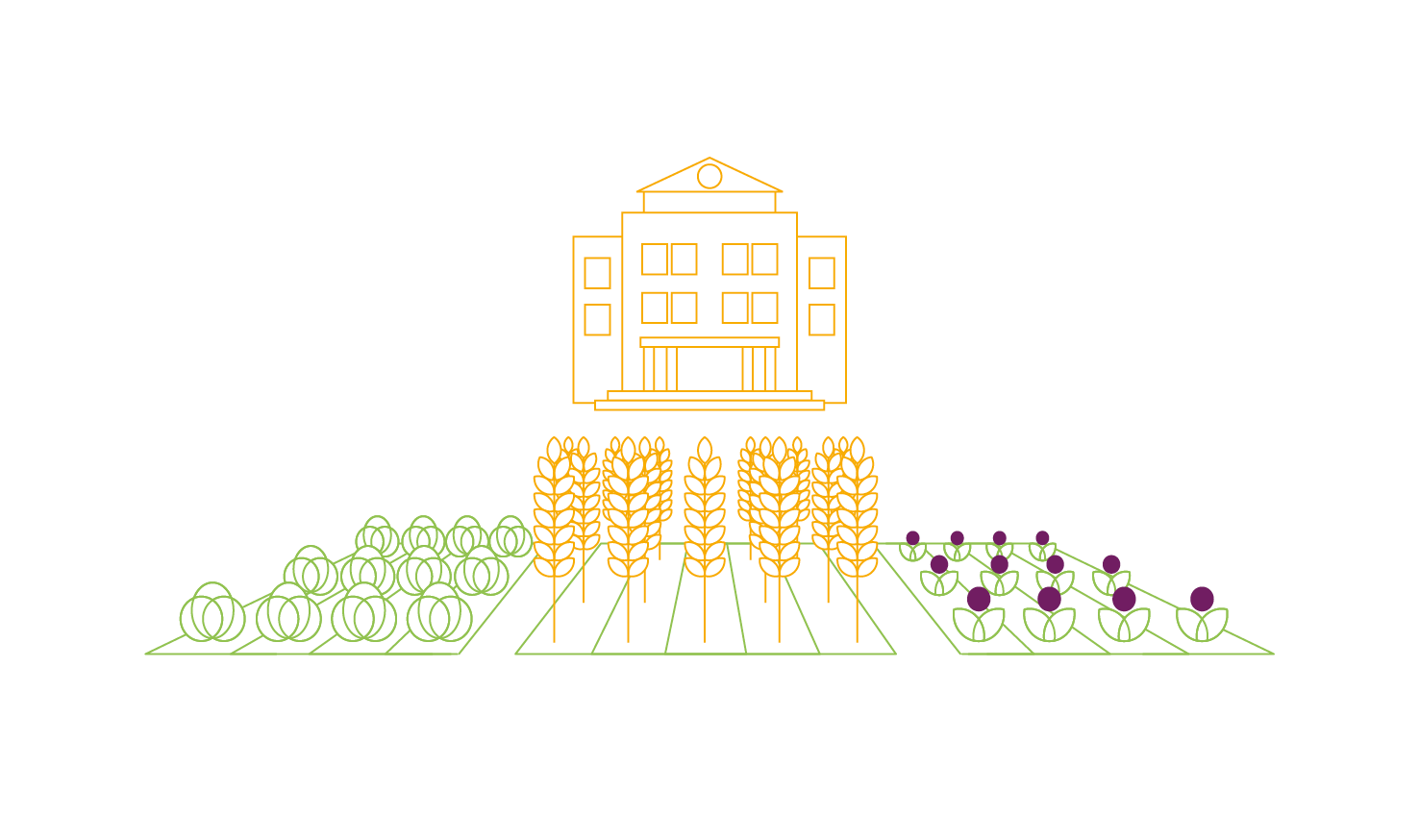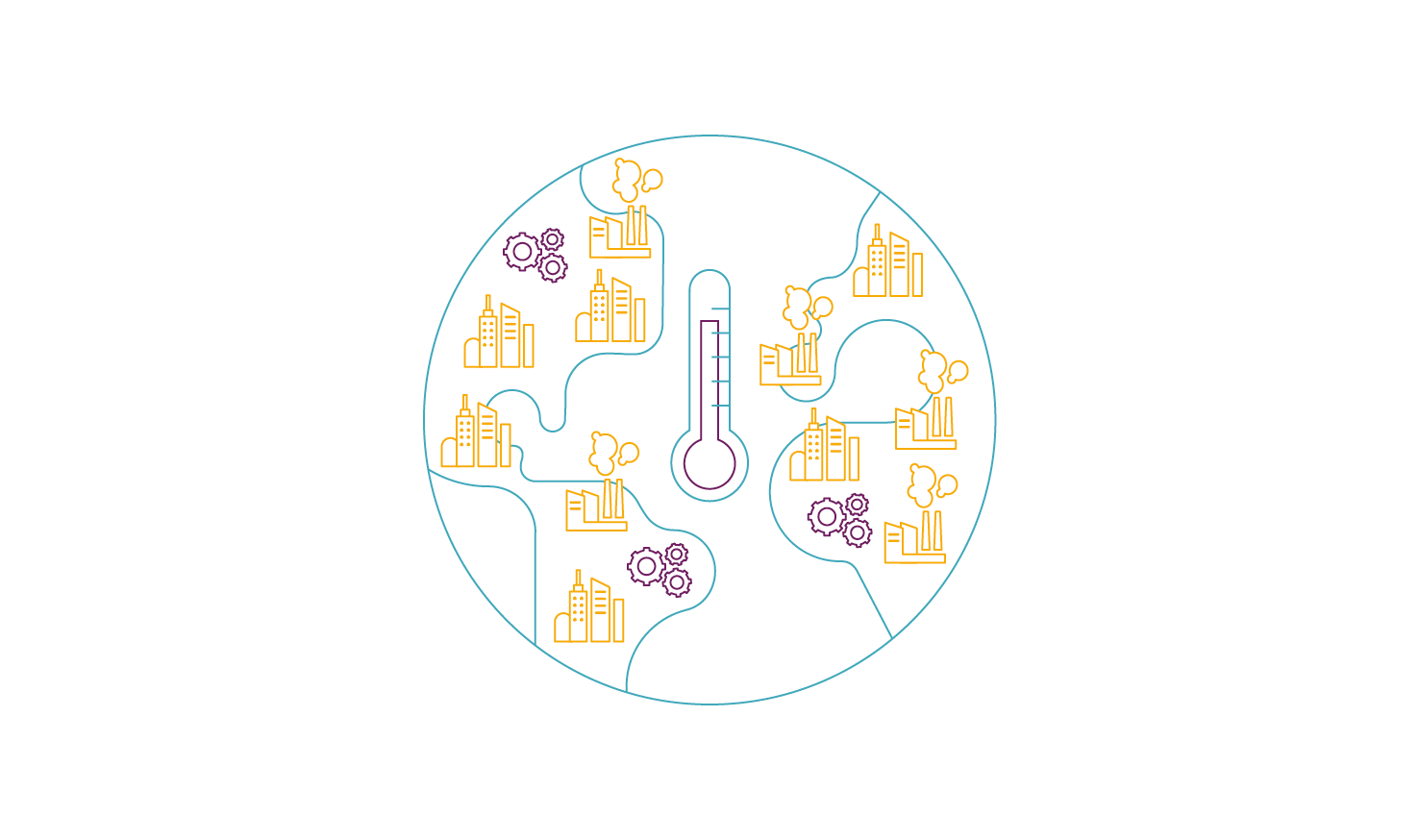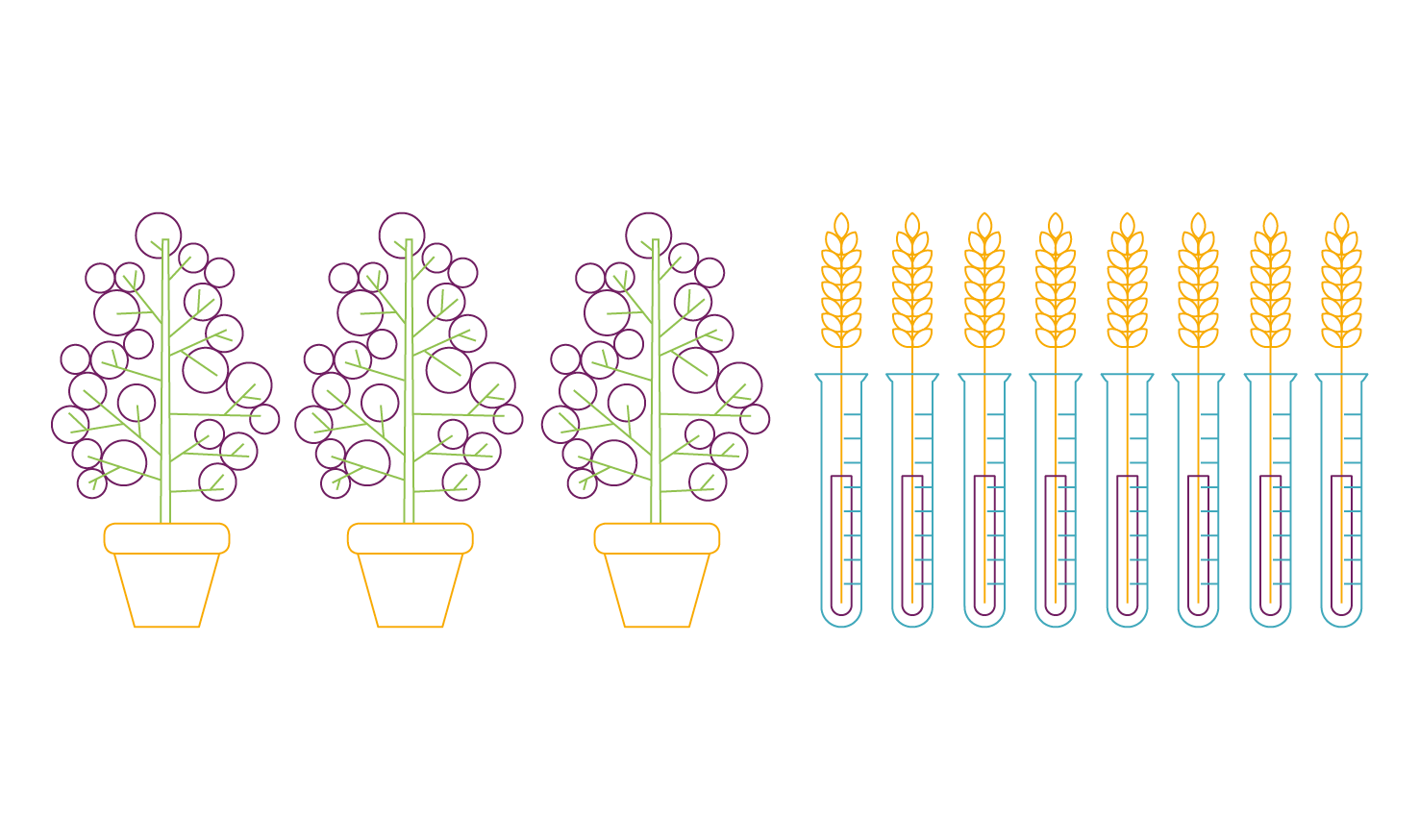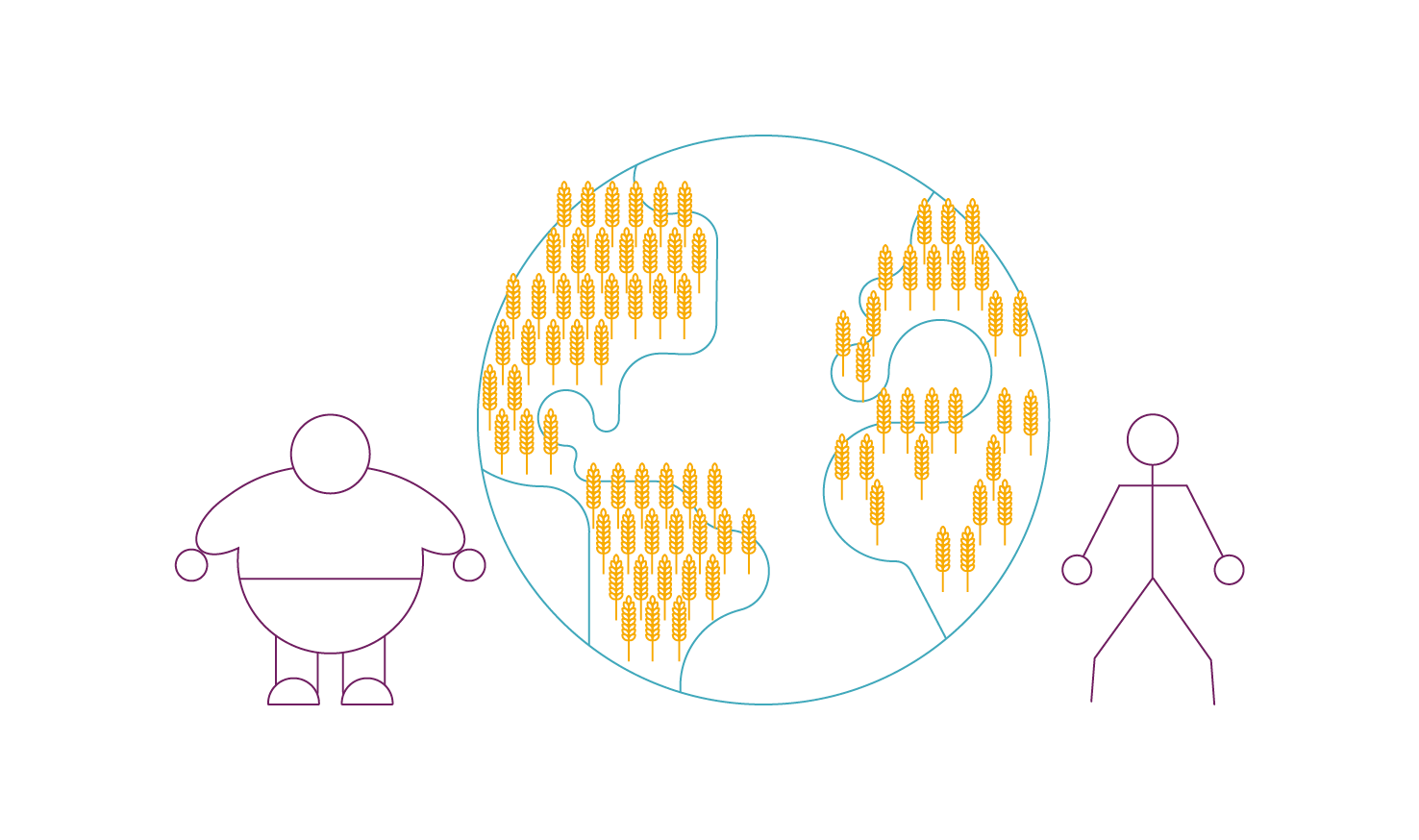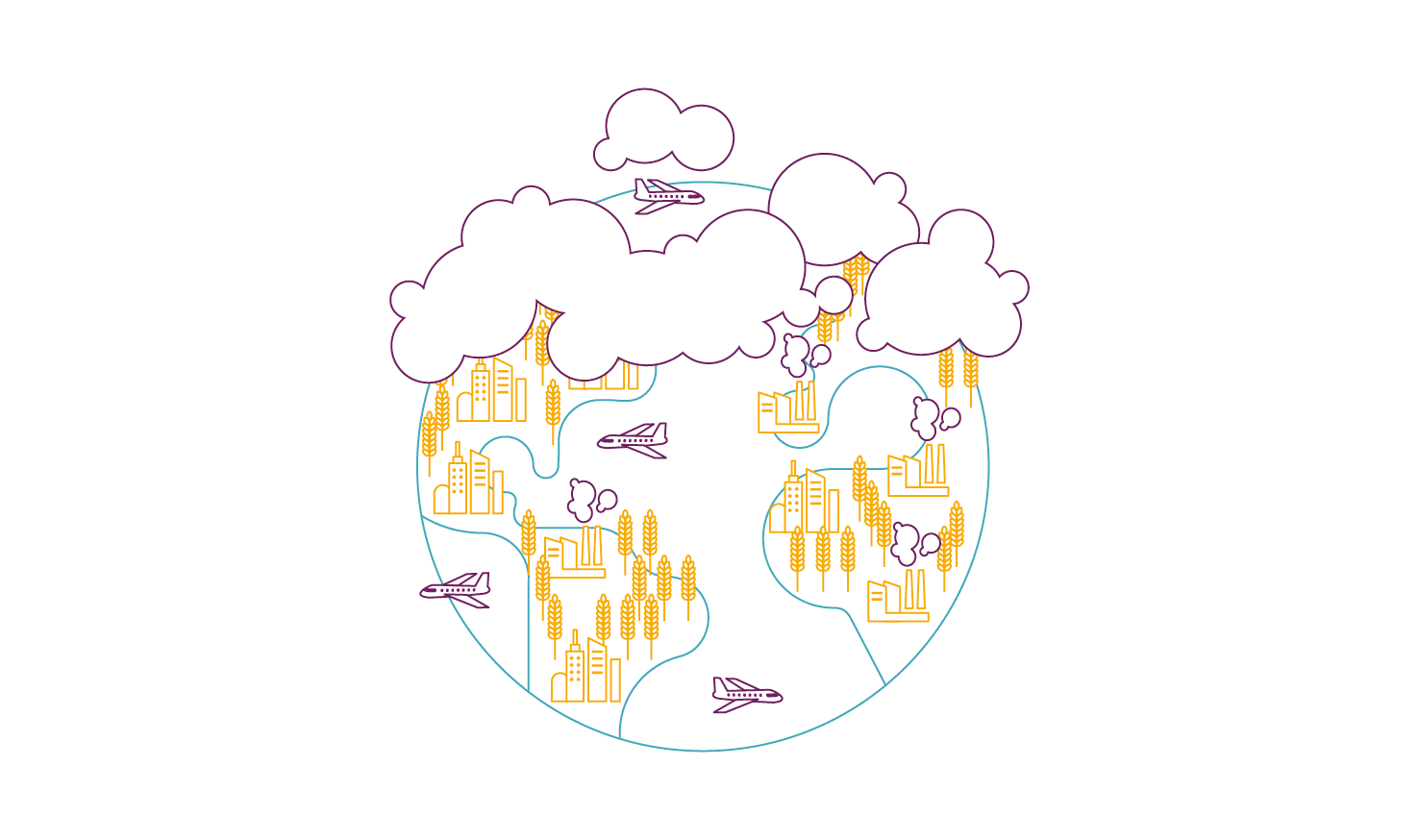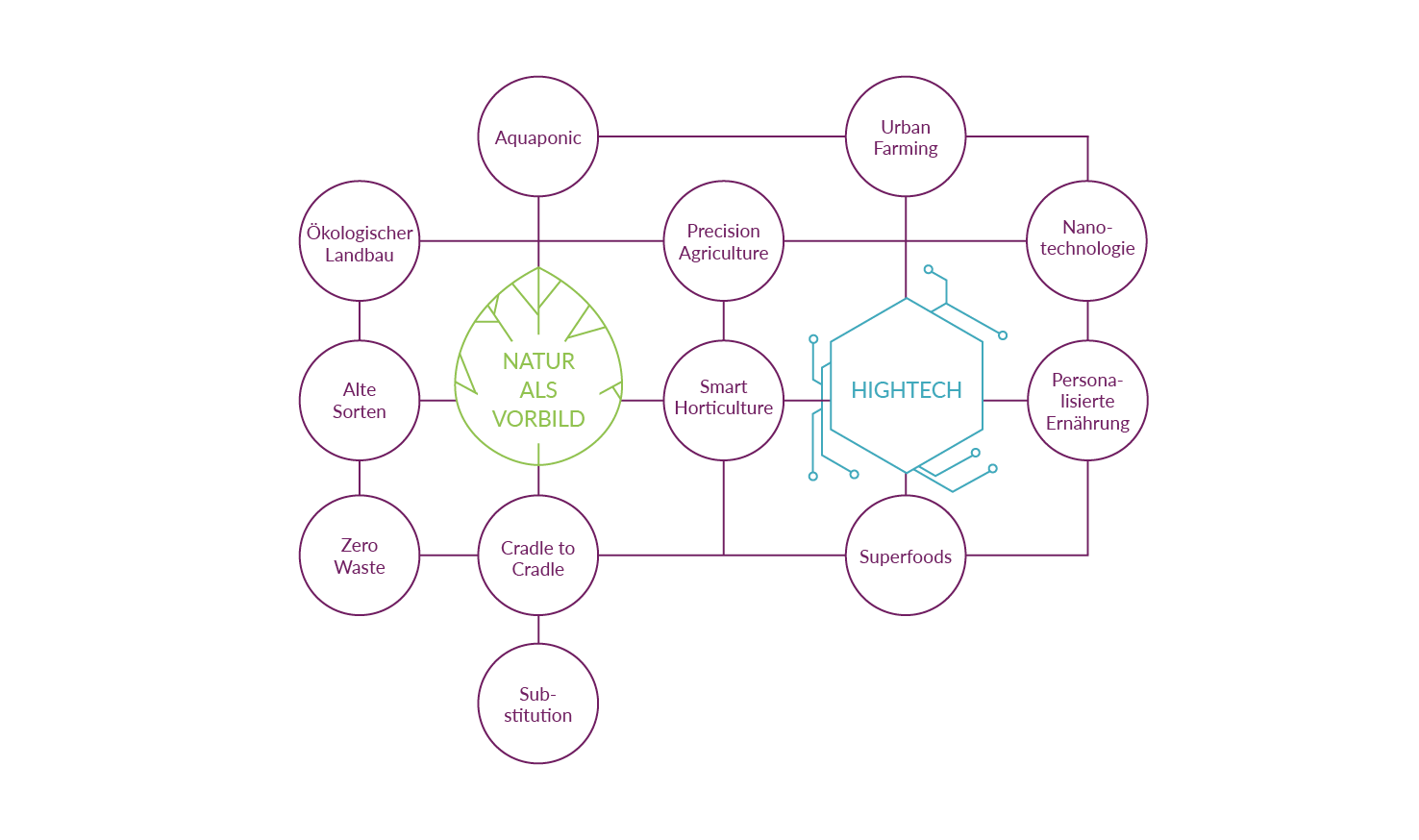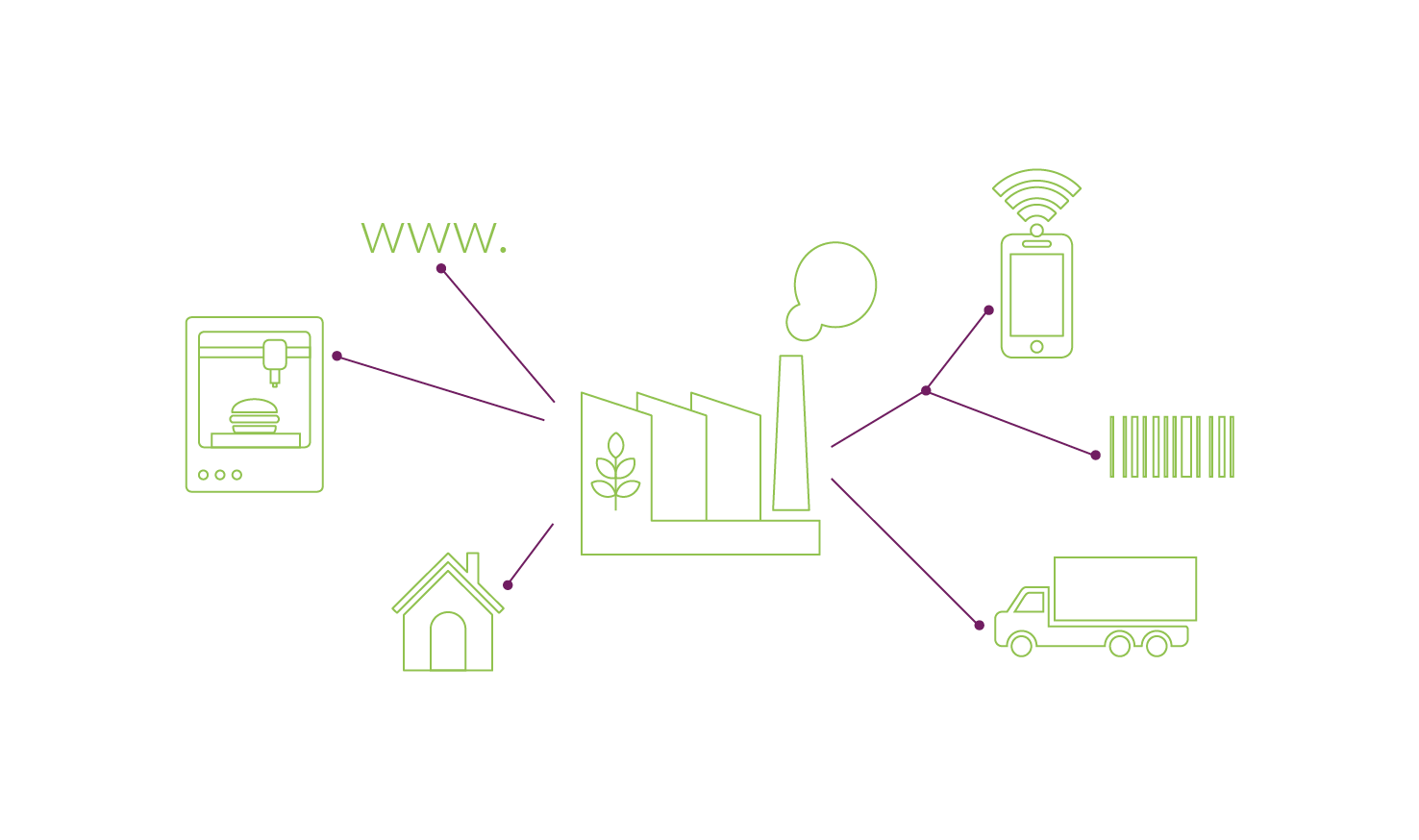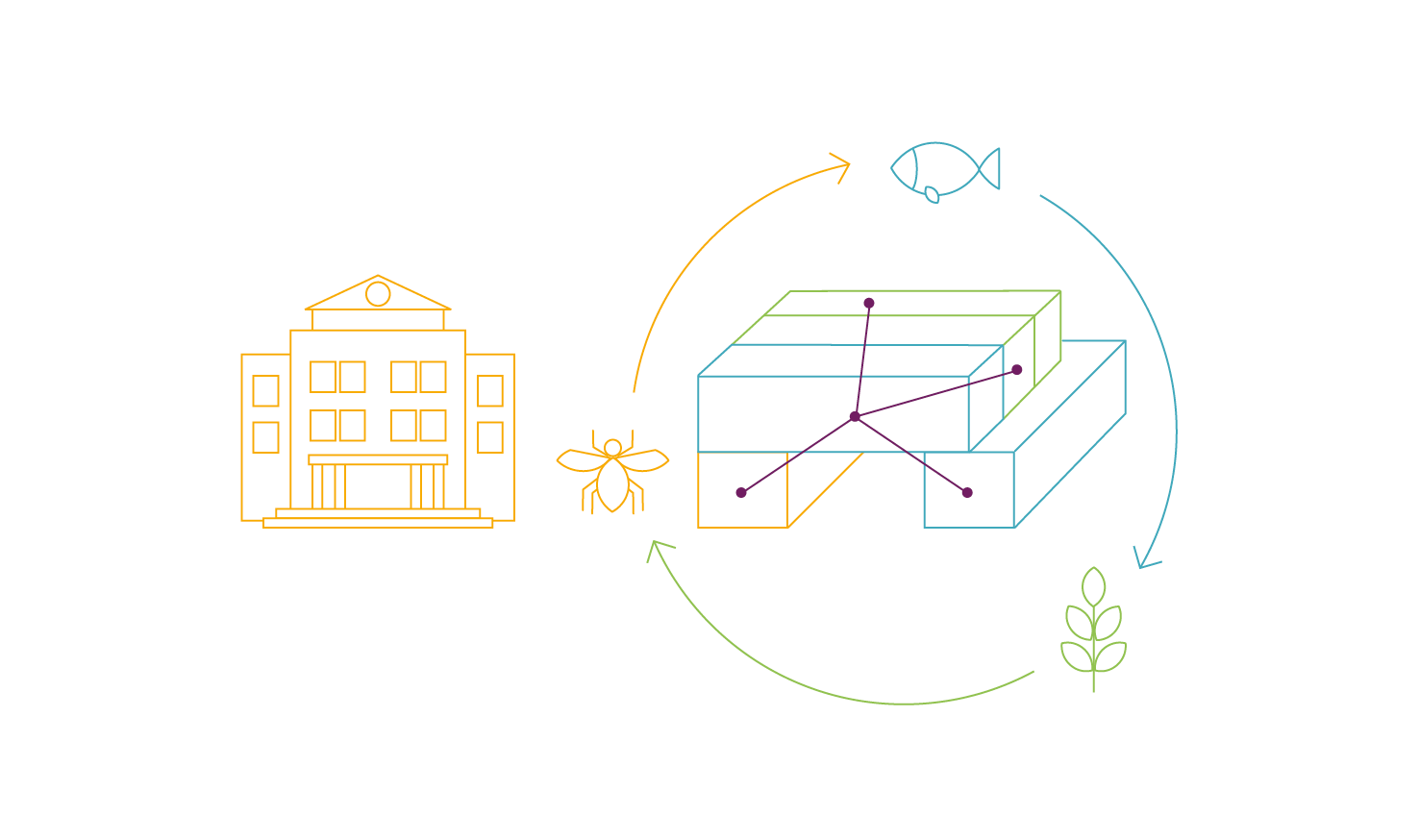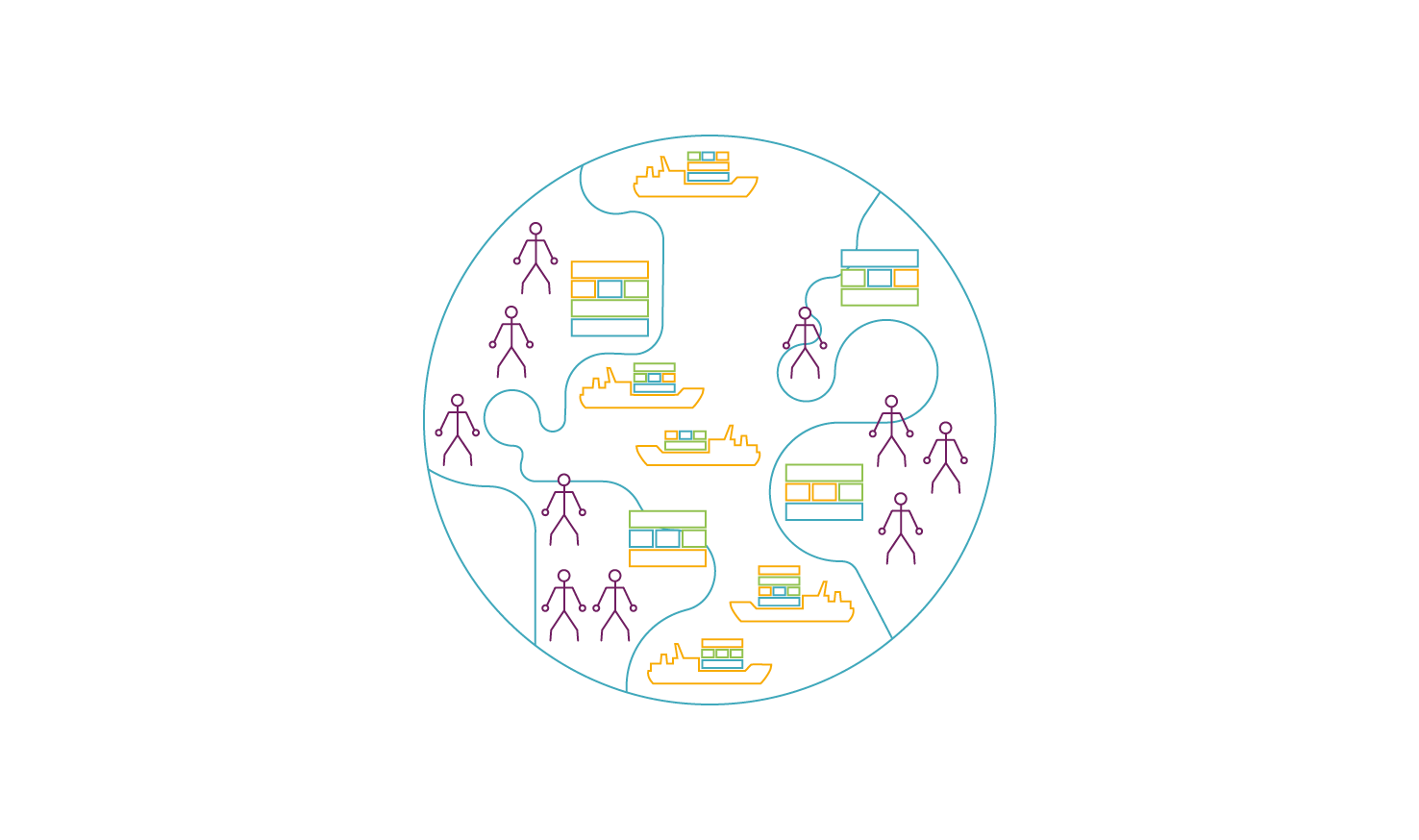Genesis
The history of humanity and its cultivation systems show how urgent rethinking conventional food production is.
We believe that agricultural systems of the future must enable a sustainable, resource efficient and flexible production. A shift in basic technologies, as known from the industrial revolution (e.g. mobilization of fossil fuels), is not to be expected in the near future. Thus, agricultural progress cannot be based on revolutionary ideas alone, but will be generated by the diffusion of known technologies into the agricultural sector, with incremental adaptations and improvements. The agricultural system CUBES Circle combines both: newest technology as well as a consequent further development of established production methods and the consideration of sustainability criteria.

